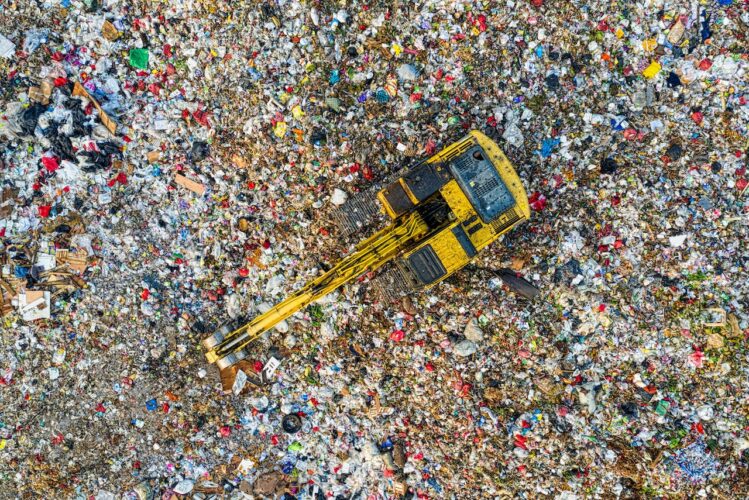In today’s modern world, pollution has emerged as one of the most pressing global challenges. The detrimental effects of pollution on the environment, human health, and overall well-being cannot be overlooked. To combat this grave issue, it is crucial to gain a comprehensive understanding of pollution and implement effective strategies to mitigate its harmful consequences. This article delves into the various facets of pollution, its impact on different ecosystems, and highlights the importance of taking immediate action to preserve our planet for future generations.
Types of Pollution
Air Pollution
- Definition and sources of air pollution
- Health risks associated with poor air quality
- Major air pollutants and their impact on the environment
Water Pollution
- Causes of water pollution, including industrial waste, agricultural runoff, and improper waste disposal
- Ecological consequences and threats to aquatic life
- The significance of clean water for human consumption and sustainable development
Land Pollution
- Understanding the sources and types of land pollution, such as industrial waste, littering, and improper waste management
- Impacts on soil fertility, biodiversity, and human health
- Remediation techniques and waste management practices to minimize land pollution
Environmental Impact
Climate Change
- Connection between pollution and climate change
- Greenhouse gas emissions and their role in global warming
- The importance of reducing pollution to mitigate climate change effects
Ecosystem Degradation
- Pollution’s impact on fragile ecosystems, including forests, oceans, and coral reefs
- Loss of biodiversity and disruption of ecological balance
- Initiatives to restore and conserve ecosystems affected by pollution
Human Health Implications
Respiratory Problems
- Link between air pollution and respiratory ailments, such as asthma and lung cancer
- Vulnerable populations at higher risk and the need for protective measures
- Importance of clean air for a healthy society
Contaminated Water
- Waterborne diseases caused by polluted water sources
- Adverse health effects and preventive measures
- Access to clean water as a fundamental human right
Taking Action
Government Policies and Regulations
- The role of governments in enacting pollution control measures
- International agreements and protocols to tackle pollution on a global scale
- Monitoring and enforcement of environmental regulations
Sustainable Practices
- Encouraging sustainable lifestyles and reducing individual carbon footprints
- Promoting renewable energy sources and green technologies
- Waste reduction and recycling initiatives for a circular economy
Education and Awareness
- The importance of environmental education in schools and communities
- Raising awareness about pollution-related issues through campaigns and public outreach
- Inspiring collective action for a cleaner and healthier future
Conclusion
Pollution poses a severe threat to the environment, human health, and the well-being of future generations. By understanding the various types of pollution, recognizing its environmental impact, and implementing effective measures, we can work towards a cleaner, healthier, and sustainable planet. Let us unite in our efforts to combat pollution, preserve precious ecosystems, and create a better future for all.
